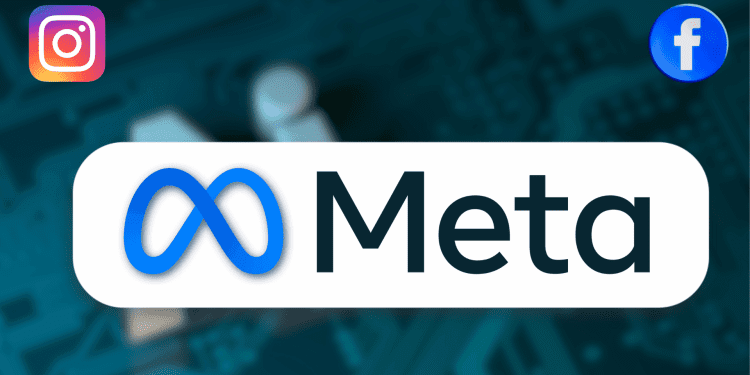- Meta is requiring creators to properly label AI-generated content across its platforms, or face potential penalties for failing to disclose. This aims to increase transparency as AI content becomes more common.
- Mandatory labeling will visibly mark AI-generated images, videos, and audio. Users can also flag suspected unlabeled AI content.
- Meta will collaborate to better detect unlabeled AI media at scale, though enforcement remains challenging. The impact depends on compliance from users and creators.
Meta has announced new policies for AI-generated content across its platforms like Facebook and Instagram. The company will require creators to properly disclose and label AI content, or face potential penalties for failing to do so. This move aims to increase transparency as generative AI becomes more prevalent.
What’s Changing?
Mandatory Labeling for AI Content
Meta will introduce tools for creators to label their AI-generated content. This includes photorealistic images, videos, and audio made with AI. Labeled content will be visibly marked to inform users of its origin.
Crowdsourced Flagging by Users
Users will also be able to flag unlabeled content suspected of being AI-generated. This taps into Meta’s large user base to help identify policy violations. It mirrors the company’s earlier approach to reporting inappropriate user-generated content.
Penalties for Non-Compliance
According to Meta, failure to properly disclose AI-generated content may result in penalties. This motivates creators to follow the new labeling requirements. Details on potential penalties are still unclear.
Detecting Unlabeled AI Content
While some AI tools automatically watermark content, many do not. Meta is collaborating with other companies to develop better detection of unlabeled AI media at scale. However, it notes technical limitations around identifying AI-generated audio and video.
Conclusion
As generative AI becomes more accessible, platforms like Meta are instituting new transparency rules. Mandatory labeling and crowdsourced flagging aim to curb policy violations and misinformation spread through synthetic media. However, enforcement remains challenging. The impact of Meta’s new policies will depend on users’ and creators’ compliance.














